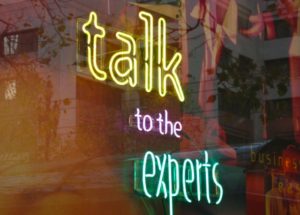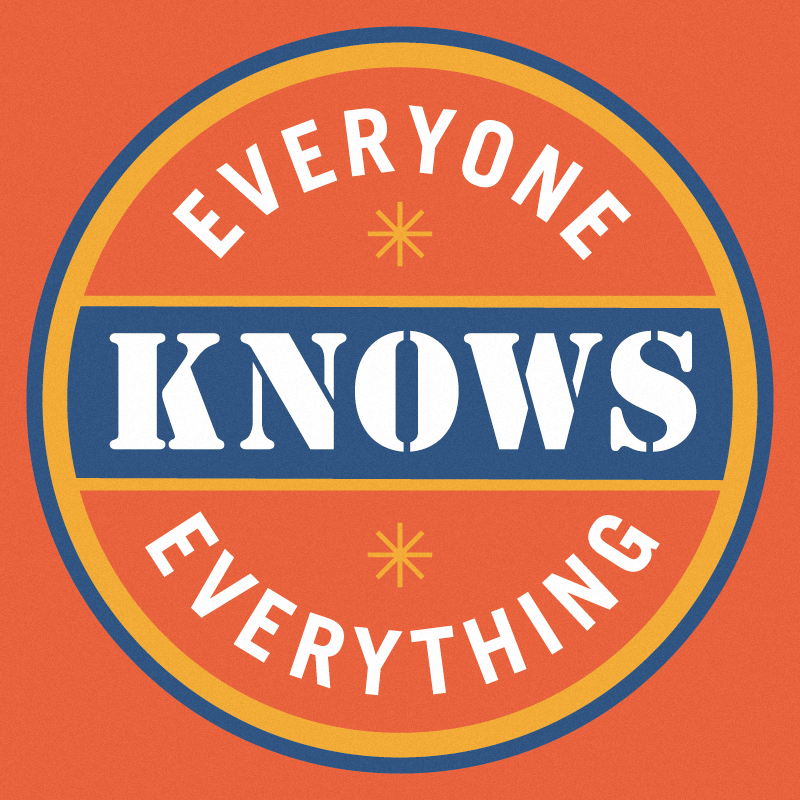The internet promises to make all human knowledge available to all human beings. As it does, the role of the expert in society is up for grabs. This, in turn, is changing us, changing the way we relate to authority and to one another, and will certainly change how we do religion.
As we have seen, before the internet, the production and distribution of ink-and-paper books put limits on how much could be published. Thus limited, editors had to act as gatekeepers, filtering what was, and what was not, worthy of publication.
Within these limits, a whole industry of experts (publishers, scholars, scientists) arose to possess and protect the one and true truth. They determined if a bit of information rose to the threshold of “knowledge,” and if it was important enough to merit the cost of publication.
 These powerful experts shaped our whole relationship to knowledge, guarding and filtering truth for us. They decided what knowledge was correct and worthy of our awareness. Peer-review scientists determined which science was credible, supportable, and important enough to be distributed to other scientists.
These powerful experts shaped our whole relationship to knowledge, guarding and filtering truth for us. They decided what knowledge was correct and worthy of our awareness. Peer-review scientists determined which science was credible, supportable, and important enough to be distributed to other scientists.
Recognizing that what we could know was being filtered by these powerful few, we insisted they earn our sacred trust. We insisted they earn degrees, merit our respect, and demonstrate a pedigree worthy of this rarefied responsibility.
But now, the internet is changing everything. As the technological limits of publishing evaporate, everything gets published. As the potential unfolds for all human knowledge to be available to everybody; experts can no longer earn their keep by simply possessing and guarding knowledge.
 You probably do what I do. When I am sick, my first stop is not the doctor. My first stop is the web. Only after I’ve determined what my symptoms suggest do I visit the expert. But even then, I do not go to her to access rarefied knowledge about medicine. Rather, I ask her to fill in gaps in my understanding of health. I really only ask her to be one resource among many to inform my decision about how to proceed.
You probably do what I do. When I am sick, my first stop is not the doctor. My first stop is the web. Only after I’ve determined what my symptoms suggest do I visit the expert. But even then, I do not go to her to access rarefied knowledge about medicine. Rather, I ask her to fill in gaps in my understanding of health. I really only ask her to be one resource among many to inform my decision about how to proceed.
The internet has changed the role of the expert, and how we relate to knowledge.
No longer do we need people who possess knowledge as a scarce commodity. Anybody can look up anything now.
What we need are people who can help us make meaning out of the vast amount of knowledge that is now available to everybody. We need help creating context, meaning, and connections with the “truth-overload” now washing over us.
And this has profound implications for how we practice religion.
Religion has long been owned by the experts. It has long been the domain of guardians and dispensers of the one and true truth.
Yep. That’s going to have to change!
